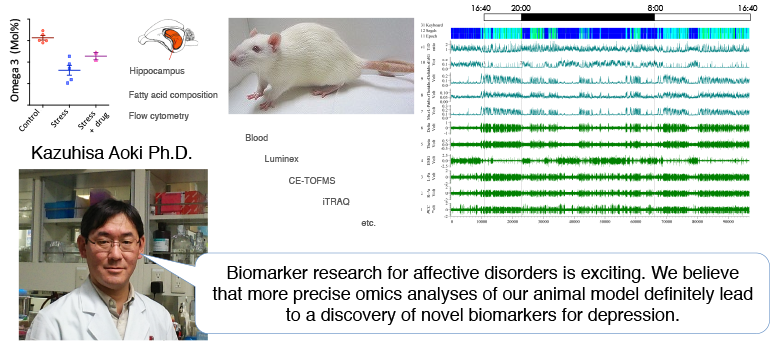PROJECT
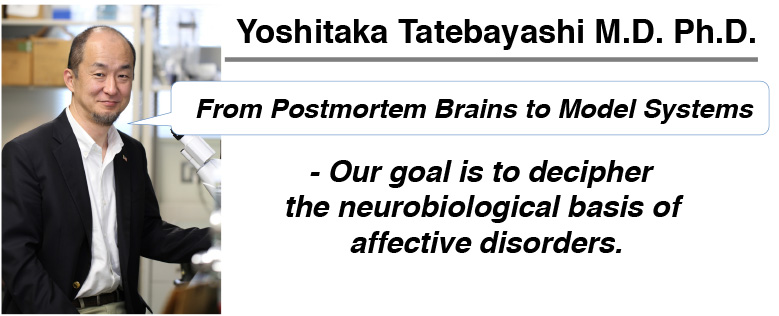
Major depressive disorder (MDD) and bipolar disorder (BD), collectively known as affective disorders, are essentially relapsing and remitting disorders of affect with nearly full recovery between episodes. We use human postmortem brains of these disorders and animal and cell culture models to identify the ways in which stress or aging changes the brain to lead to these disorders. A major focus of our work is stress-induced or age-related changes in cellular structure, especially that of oligodendrocyte lineage cells and lipid, within the brain's mood circuitry. We are also interested in the biological relationship between affective disorders and dementias such as Alzheimer’s disease.

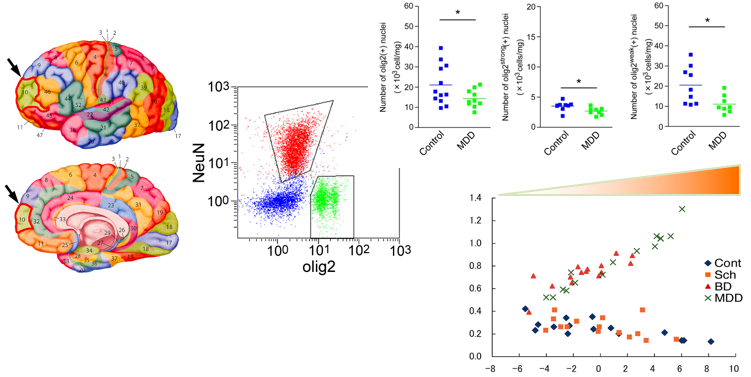
The exact functions of the human frontopolar cortex (BA10) remain enigmatic. Given that the BA10 is thought to be the most evolutionarily recent expansion of the primate prefrontal cortex, its function may uniquely reflect human adaptations in the context of selecting and updating models of reward contingency in dynamic environments. As adulthood cortical myelination is an essential process for the establishment of efficient neuronal signaling networks, any abnormalities may have important roles in the pathophysiology of affective disorders.

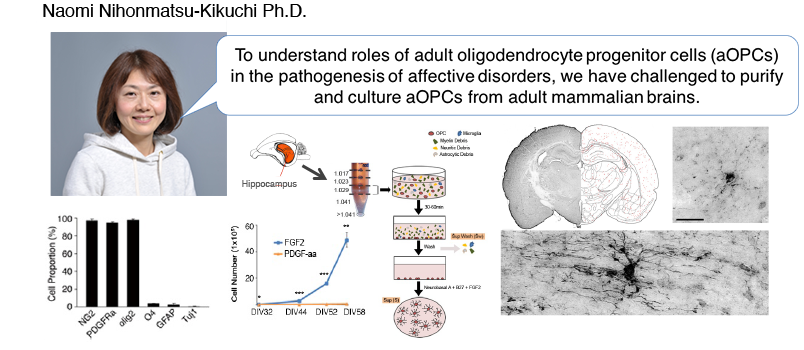
We found a novel aOPC subtype from culture.
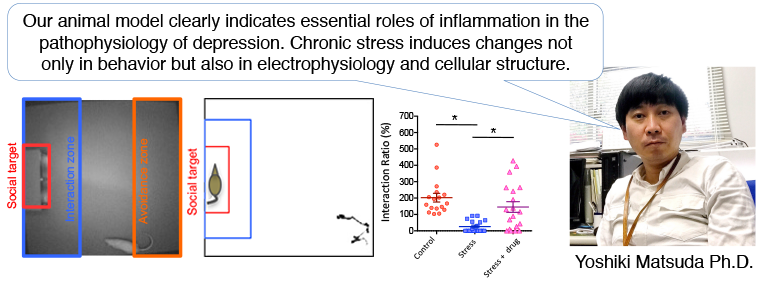
We found a therapeutic effect of anti-inflammatory drugs.
